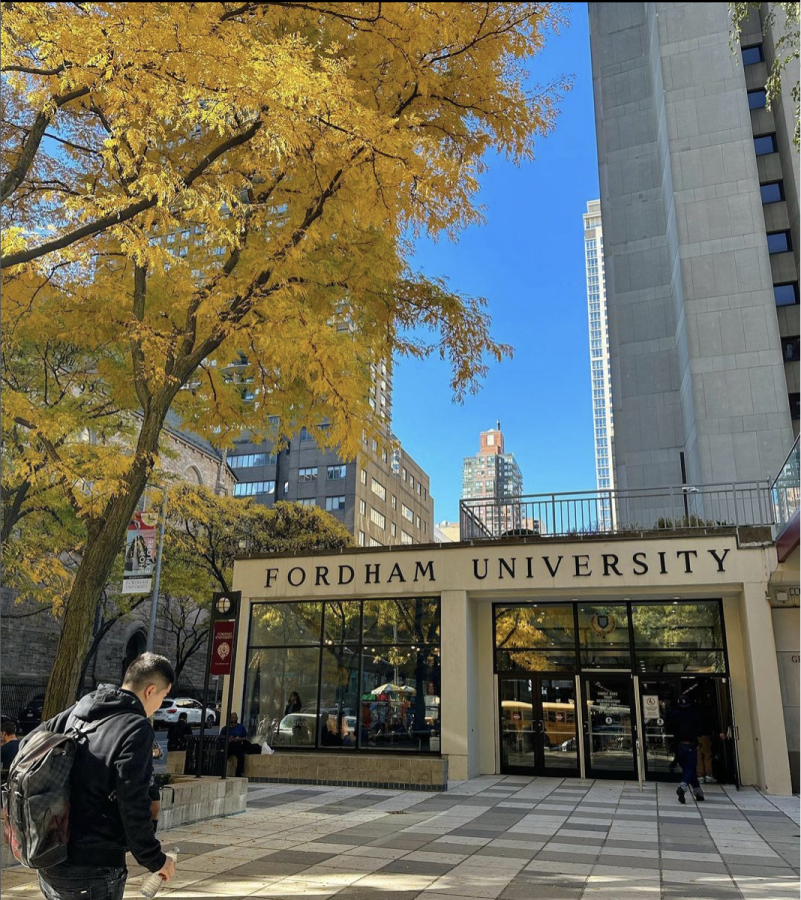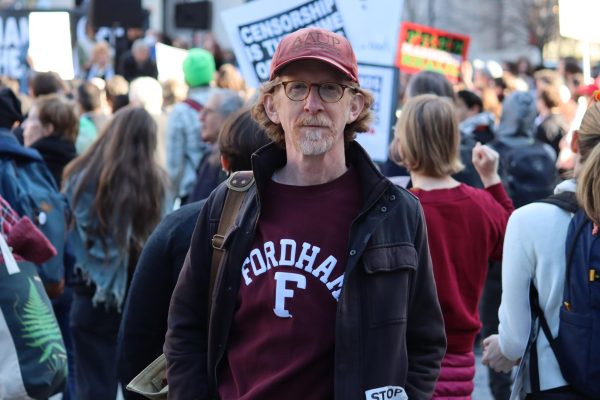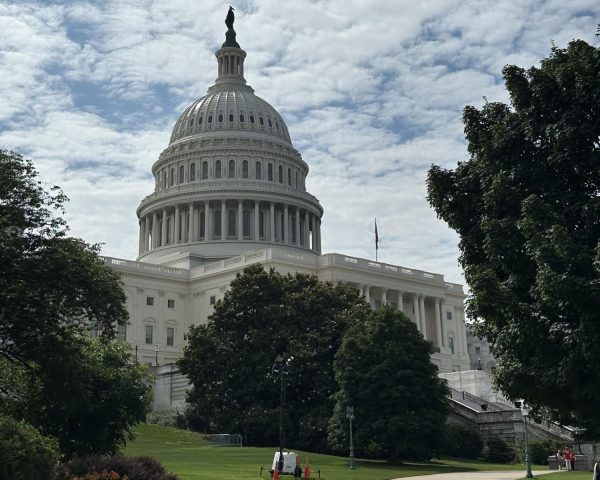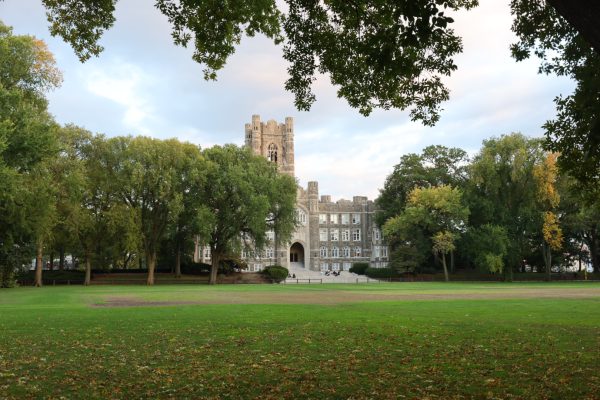Fordham Hosts Lecture on Civil Rights Featuring Patricia Sullivan
On Nov. 15, Fordham hosted a lecture featuring Patricia Sullivan, Ph.D., titled, “Robert Kennedy, Civil Rights, and the Racial Reckoning of the 1960s.” The event, open to the public, was hosted at the Lincoln Center campus.
Sullivan is currently a history professor at the University of South Carolina.
She published many books, like, “Justice Rising: Robert Kennedy’s America in Black” and “White and Lift Every Voice: The NAACP and the Making of the Civil Rights Movement.”
Sullivan said it is important to share this history with a younger audience.
“History is always relevant to the present and understanding it is the first step. This group was very interested in the discussion and they had really good questions and comments about facts from that period, the relationship of the Kennedys to the FBI and what students can do today,” said Sullivan.
While at Fordham, Sullivan also met with Bentley Anderson’s, S.J., Understanding Historical Change class and spoke with his students. She highlighted the encounter, saying, “I’ve known Bentley Anderson for a long time and coming to his class and being engaged with his students was definitely a standout moment for me.”
Sullivan also mentioned meeting professor of African American studies and history, Mark Naison, Ph.D. “I got to meet someone I’ve admired for a long time, Mark Naison, who is also in the African American Studies department. When I was in graduate school I read his book, ‘Communists in Harlem during the Depression.’ The book had a huge influence on me,” said Sullivan.
Farah Elrakhawi, FCRH ’24, attended the lecture on Tuesday, “Professor Sullivan’s talk on the Kennedy brother’s roles in the Civil Rights movement was incredible. I absolutely loved her. Not only did I grow to admire her as a person, but as an incredibly knowledgeable historian who clearly knew exactly what she was talking about.”
Both Sullivan and Elrakhawi mentioned that in 1967, Robert F. Kennedy gave the commencement address at Fordham.
Sullivan said that in his speech, “He [Kennedy] urged the graduates to hear the voices of the poor and the disadvantaged, to participate in public life, and to remember the difference one person can make.”
Associate Professor of African and African American Studies, Mark Chapman, Ph.D., strongly encouraged his students to attend the lecture.
“The African American studies department was proud to present Dr. Patricia Sullivan’s research on the role of Robert F. Kennedy during the civil rights movement. It is important that Fordham students are exposed to the work of scholars who have examined this critical period in American history. The presentation of this lecture is consistent with Fordham’s mission to educate students for the work of justice,” said Chapman.
Chapman also commented on the importance of hosting lectures such as Sullivan’s for Fordham students to attend, “We hope that Dr. Sullivan’s lecture serves as a reminder that one person can make a difference in the world. RFK’s growing commitment to racial and economic justice should inspire us all to work for a more equal and just world.”
Sullivan said that young people are the future. As a college professor, she finds students to be engaged in history and humanities.
“One of the things I loved about coming to Fordham and going to other colleges is that it was one of Robert Kennedy’s favorite things to do. He felt that young people who had the opportunity to get a good education were in a wonderful position to be engaged and really had a responsibility to be active in their times and in the problems and challenges of their society,” said Sullivan.
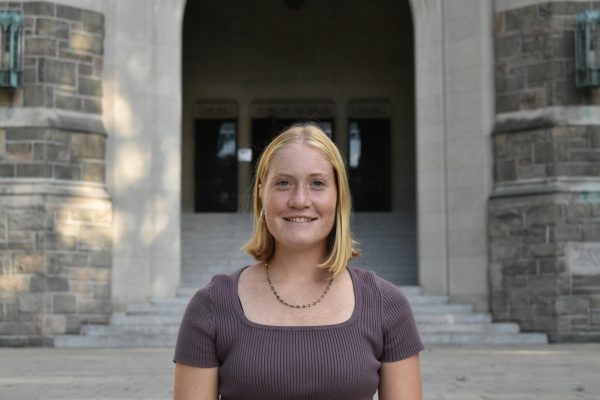
Grace Galbreath is a junior from Willow Grove, Pa. majoring in communications and journalism. She began writing for the Ram spring of her freshman year...



































































































































































































